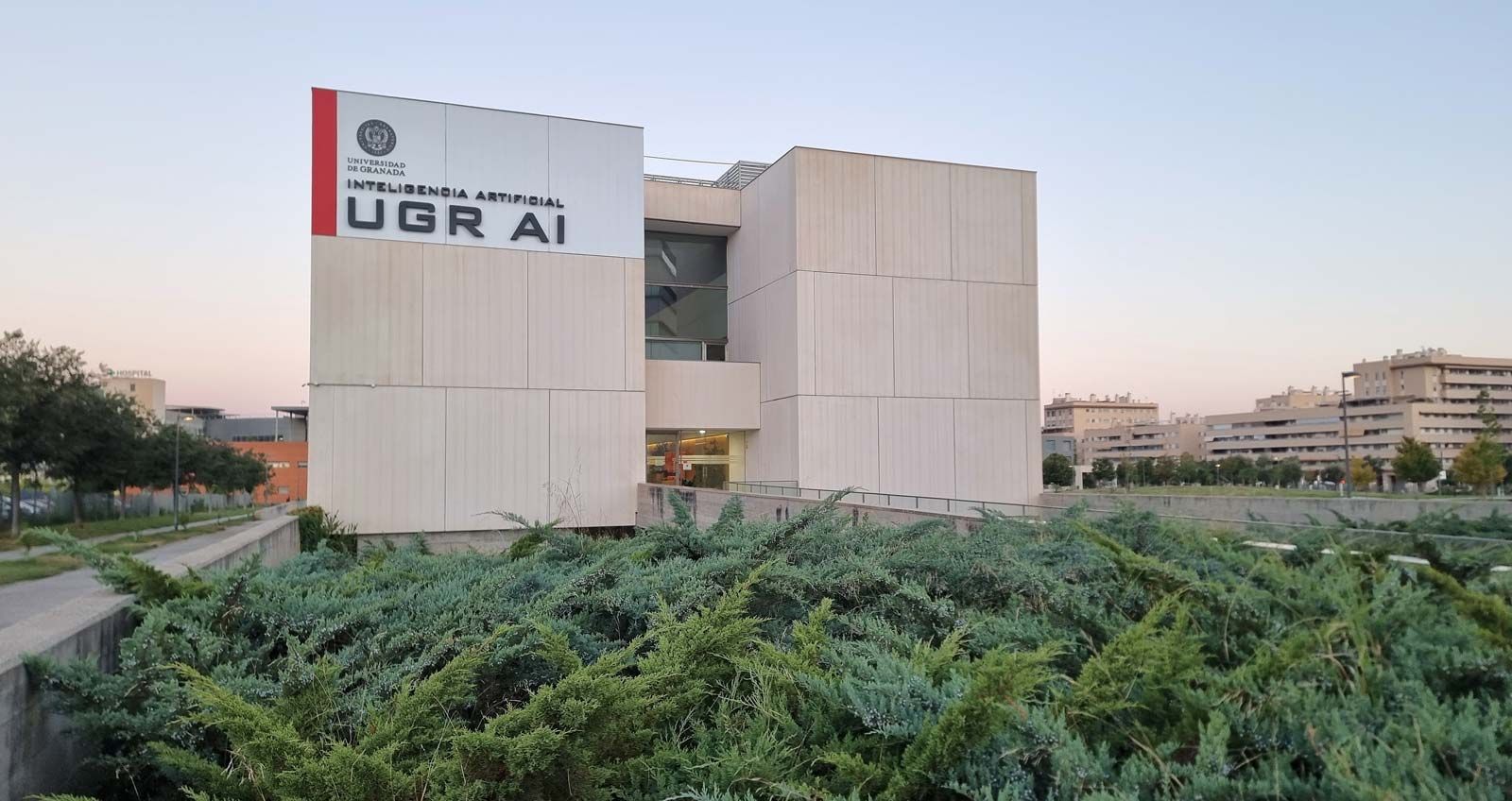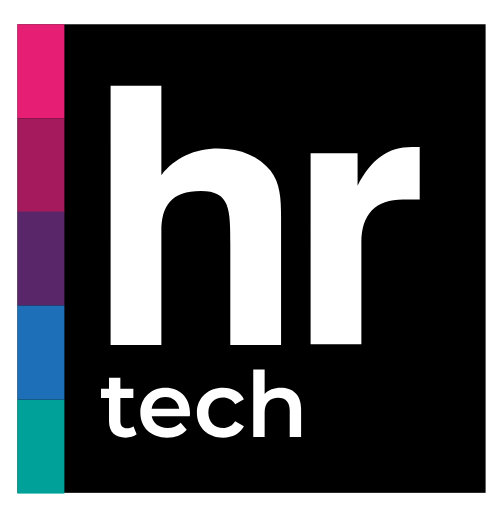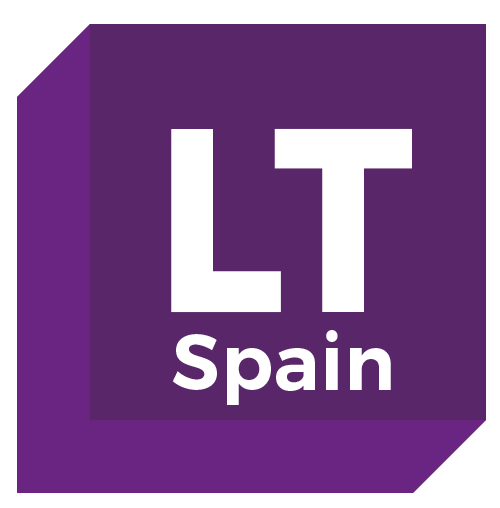News
José Luis Dessy Martínez, Director of AI Granada R&I: "Using generative AI to write an email is not the same as using it to make a medical or legal decision".
)
How would you describe AI Granada's mission in the development and application of AI? What are some of the most outstanding projects you are currently working on?
The mission of the AI Granada Research & Innovation Foundation (AI Granada Foundation) is to promote a solid artificial intelligence ecosystem in Granada and Andalusia, fostering the connection between talent, industry and research. Our goal is to consolidate Granada as a reference hub in AI, facilitating knowledge transfer between academia, business and society.
We are currently working on several strategic initiatives, among which the following stand out:
-
Research and transfer: We are working on research projects with companies for the development of AI-based solutions to specific problems of companies in different sectors, we currently have contracts with companies in our immediate environment and also outside our borders.
-
Business attraction: we help companies that want to relocate to Granada to find space and talent and also to position themselves with visibility within the ecosystem.
-
Talent retention, here it is worth mentioning the Talent-Company Matchmaking Experience : Experience that connects students and graduates of vocational training and university in technological branches with companies in the tech sector that are looking for talent in Granada and which is in its IV edition.
-
Projects in AI applied to healthcare: Initiatives such as our event "AI for the Hospital of the Future", in collaboration with hospitals and research centers, which aims to align AI capabilities with the real needs of the healthcare sector.
-
Events and specialized training:
- AI Marketing Day, in collaboration with the Andalusian Marketing Federation, exploring the impact of AI in the sector.
- AI workshops for SMEs, organized together with the Diputación de Granada and/or the Granada Chamber of Commerce, to help small and medium-sized companies to integrate artificial intelligence into their processes.
- AIBot Experience, a program in collaboration with Fundación PTS to bring AI applications to young people.
- Ad-hoc sectorized training (agriculture, construction, tourism)
- General outreach initiatives
All of this with a clear objective: to make AI a useful and accessible tool that boosts the business and technological fabric of our land.
2. What is your vision of the role of AI in the digital transformation of key sectors such as health, education or sustainability?
Artificial intelligence is not just a technology, it is a tool that is redefining fundamental sectors such as health, education and sustainability. Its impact is already being felt in how we manage resources, optimize processes and make decisions.
In healthcare, AI is revolutionizing everything from diagnosis to the personalization of treatments and hospital management. Granada has everything to be a benchmark in this field: the Health Technology Park (PTS), the only one in Spain specialized in Life Sciences and Health, and the University of Granada, which is the third most important in Europe in artificial intelligence. With this combination of science, technology and talent, we are in a privileged position to lead the development of AI applied to healthcare.
But digital transformation does not stop there. In education, AI can personalize learning, adapting to each student, and in sustainability it is key to optimizing the use of resources, reducing environmental impact and improving energy efficiency.
From Fundación AI Granada, we are committed to connect this technology with the real needs of each sector, ensuring that its development has a positive impact on society. Granada has the potential and the perfect ecosystem for AI to make a difference in these areas.

3. From your experience, what are the biggest ethical and regulatory challenges facing AI implementation in Europe, and how do you think the industry should address them?
Artificial intelligence is advancing at full speed, but its development cannot come before ethics and regulation. In Europe, one of the biggest challenges is to ensure that AI is transparent and explainable. That is, that we understand how the models make decisions and can audit them. If an AI is going to influence our lives, whether it's a medical diagnosis or an employment contract, it has to be clear and fair.
Another key challenge is data protection and privacy, especially with the advent of the European Union's AI Act, which puts the focus on regulating AI in critical sectors. This forces companies to be more rigorous in how they develop and apply these technologies.
What can we do to deal with it?
-
Encourage good practices: AI should be designed with ethical standards from the outset, not as a stopgap afterwards.
-
Investing in ethics and regulation: This is not a secondary issue, it should be part of the DNA of any technology company.
-
Train and raise awareness: Not only professionals in the sector, but also society as a whole, because AI affects us all.
In Granada, we are taking steps in this direction. The University of Granada, a leader in artificial intelligence in Europe, has created the University-Business Chair in Artificial Intelligence together with Repsol, with an investment of 1.6 million euros. This initiative seeks to develop a more responsible AI with a positive impact on society.
In addition, the UGR has approved a pioneering document with ethical recommendations for the use of AI, establishing guidelines on transparency, privacy and fairness to avoid bias and discrimination in automated processes.
In short, Grenada is not only driving AI forward, but also laying the groundwork for it to be a responsible, reliable technology aligned with European values.
4. There is often talk about the lack of talent in AI and data science. What measures do you think should be driven at the industry level to reduce this gap?
More than a lack of talent, what is really lacking are opportunities to retain it. In Grenada we have first class universities, leading research centers and a technological ecosystem that is constantly growing. The problem is that this talent often ends up leaving because it does not find the opportunities it deserves here.
To change this, there are several key measures that should be promoted:
-
Specialized and continuous training: It is not enough to have good bachelor's and master's degrees. It is necessary to strengthen vocational training, expand upskilling and reskilling programs and create pathways that allow professionals to adapt to the new demands of the sector.
-
Greater connection between university and business: Companies need talent and students need experience. We must reinforce internships, collaborations in real projects and the presence of industry in academic training.
-
Attraction of international talent: If we want to compete with the major technology hubs, we need to attract the best AI professionals, researchers and entrepreneurs to Grenada, offering an environment that combines quality of life, infrastructure and development opportunities.
-
Promoting STEM vocations from an early age: We cannot wait for a student to choose a technological career at university. We must awaken their interest much earlier, in schools and institutes, bringing them closer to AI in a practical and attractive way.
From AI Foundation Granada, we are working on initiatives that directly address these challenges. A good example is the Talent-Company Matchmaking Experience, a program that connects VET and university tech talent with technology companies. In its last edition (January 31, 2025) 250 students and graduates, 20 companies participated and more than 140 vacancies were offered.
We are also committed to inspiring new generations with programs such as AIBot Experience, which brings artificial intelligence closer to the youngest and awakens STEM vocations.
Granada is taking firm steps to consolidate itself as a hub of talent in artificial intelligence, and projects such as the iQuantum AI Demonstration Center of the City of Granada or the Artificial Intelligence Center of Andalusia of the Junta de Andalucía further reinforce this commitment.
If we manage to connect all these efforts well, we can turn Granada into a benchmark where talent not only gets trained, but also has reasons to stay.
5. What do you think about the growing popularity of generative AI solutions, and how do you think they could change the dynamics in more traditional sectors?
Many people when they think of artificial intelligence only think of generative AI, responsive chatbots or images that seem to come out of nowhere. But AI is so much more than that. In sectors such as healthcare, education and industry, we have been seeing AI applications that go far beyond generating text or images for years.
Now, that generative AI is revolutionizing the way we interact with technology is undeniable. Never before have we been able to create content, analyze data or generate ideas so quickly. And of course, this is touching sectors that until recently did not even consider using artificial intelligence.
That said, one must be careful. It is one thing for these tools to be useful; it is quite another for them to be infallible. They are advancing so fast that sometimes there is no time to stop and think about the risks: the reliability of the data, the possible bias in the models or even the impact on employment. Using generative AI to write an email is not the same as using it to make a medical or legal decision.
Therefore, beyond being carried away by fashion, the important thing is for companies and professionals to understand when and how to use generative AI. It is not a magic wand that solves everything, but when properly applied, it can be a tool that saves time, improves processes and opens up new opportunities. As with any technology, the key is to use it wisely.
6. Beyond technical advances, how do you see the evolution of the AI ecosystem in Spain and Europe in terms of collaboration, competitiveness and funding compared to other international markets?
In Spain and Europe we have incredible talent in artificial intelligence, leading universities and research centers that are among the best in the world. But if we talk about competitiveness and funding, we still need to make that leap in scale that would allow us to be on a par with giants such as the USA or China.
The big problem in Europe is not the ability to innovate, but the speed at which it is done. In the US, an AI startup with a good idea can raise millions in funding in a matter of months. Here, access to capital is more complicated, processes are slower and projects often fall by the wayside due to lack of investment.
Europe has something that other markets do not prioritize as much: a firm commitment to regulation and ethics. With the AI Act, the EU wants to ensure that AI is developed with guarantees, without unnecessary risks to society. Is this an advantage or a hindrance? It depends on how you look at it. In the short term, it may slow us down in some sectors compared to other regions with less regulation. But in the long term, having a more reliable AI with more guarantees can be a key factor of competitiveness.
Another strength of Europe is the collaboration between universities and companies. Here we have a world-class research ecosystem, with many projects that combine academic knowledge with industrial application. But we need to go a step further and better connect research with the market, boosting startups, attracting investment and making it easier for companies to take advantage of the talent we already have.
In Spain, and especially in Granada, there is a clear opportunity to position ourselves well in this ecosystem. We have infrastructures such as the Health Technology Park, the Artificial Intelligence Center of Andalusia and projects such as iQuantum, which can play a key role in the AI of the future. What is missing now is more investment and support for innovation so that all this potential does not remain just good ideas, but projects that really compete at a global level.
7. These days we have seen that technologies such as DeepSeek are gaining relevance. What is your opinion on the potential impact of these technologies on data science and how they could complement your work?
Every so often, a new AI model comes along that promises to revolutionize everything, and DeepSeek is one of the latest to enter the scene. There is no doubt that these advances have enormous potential, especially if they can make AI faster, more accessible and cheaper to implement. But, as always in this sector, these promises should be taken with caution until results are seen in real environments.
In data science, technologies like this can be a great boost in the automation of analysis and knowledge generation. They can make it easier to work with large volumes of information, improve predictive models and accelerate experimentation in areas such as health, sustainability or scientific research.
But we must also be realistic: just because a model is powerful does not mean that it is reliable or applicable in any context. The key is to validate its use in critical sectors, ensure that the data it works with is of quality and avoid blindly relying on AI without human supervision.
From Fundación AI Granada, we closely follow all these innovations to evaluate how they can be integrated into our projects and what real impact they can have on strategic sectors. In AI, it is not only about running after each novelty, but also about knowing when and how to apply each advance in a responsible and practical way. If DeepSeek and other models really add value, we will undoubtedly take advantage of them to continue driving AI from Granada.
8. From your perspective, what are the major technology trends that will transform the field of artificial intelligence in the next five years? How does AI Granada plan to position itself in the face of these trends?
Talking about five-year trends in artificial intelligence is complicated because it is advancing at an incredible speed. What is new today may be outdated in a year's time. But there are some clear directions in which AI is evolving and which will mark the immediate future.
On the one hand, we will see a breakthrough in AI agents, systems capable of making decisions more autonomously and interacting with people in a much more natural way. This will change the way we work with technology, from automation in companies to assistance in sectors such as healthcare or education.
There is also growing interest in more responsible and efficient AI, with models that are not only more explainable and auditable, but also consume less energy. The environmental impact of AI is a topic that is little talked about, but is key to its sustainable development.
Another trend that could make a difference is the convergence between AI and quantum computing. Right now, AI is based on models that require huge amounts of data and processing, but if we manage to combine it with quantum computing, we could unlock capabilities that today seem like science fiction.
From Fundación AI Granada, we want to be at the center of this transformation. We do not just follow trends, but we work to connect research, business and society, making sure that the AI that is developed in Granada has a real and useful impact.
Our strategy is clear: to bet on AI applied to key sectors such as health, industry and talent, promoting projects that generate real innovation. We want Granada not only to be part of this technological revolution, but also to be a benchmark in its responsible and efficient development.

 Cloud & AI Infrastructure
Cloud & AI Infrastructure Cyber Security World
Cyber Security World Big Data & AI World
Big Data & AI World  Data Centre World
Data Centre World  Technology for Marketing
Technology for Marketing E-Show
E-Show HR Technologies
HR Technologies Learning Technologies
Learning Technologies)
)
)
)
)
)
)
)
)
)
)
)
)
)
)
)
)
)
)
)
)
)
)
)
)
)
)
)
)
)
)
)
)
)
)
)
)
)
)
)
)
)
)
)
)
)
)
)
)
)
)
)
)
)
)
)
)
)
)
)
)
)
)
)
)
)
)
)
)
)
)
)
)
)
)
)
)
)
)
)
)
)
)
)
)
)
)
)
)
)
)
)
)
)
)
)
)
)
)
)
)
)
)
)
)
)
)
)
)
)
)
)
)
)
)
)
)
)
)
)
)
)
)
)
)
)
)
)
)
)
)
)
)
)
)
)
)
)
)
)
)
)
)
)
)
)
)